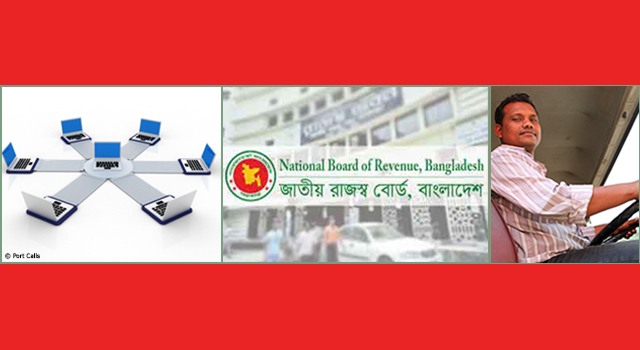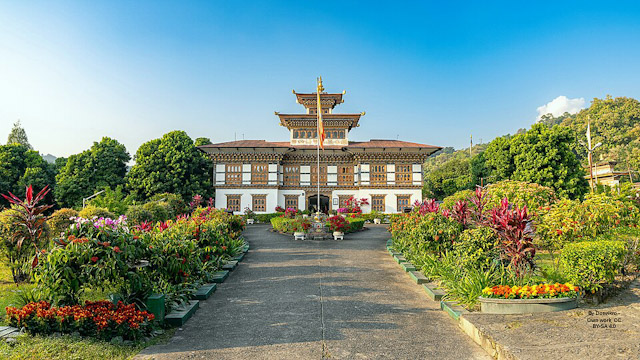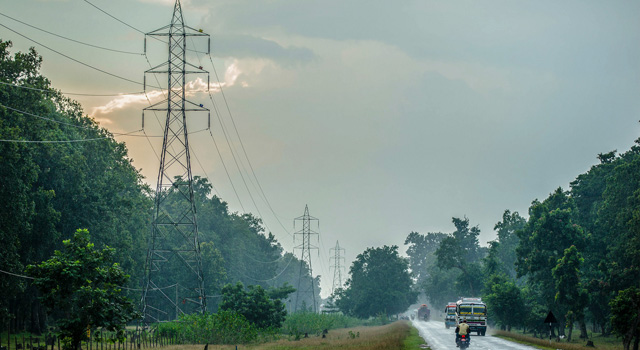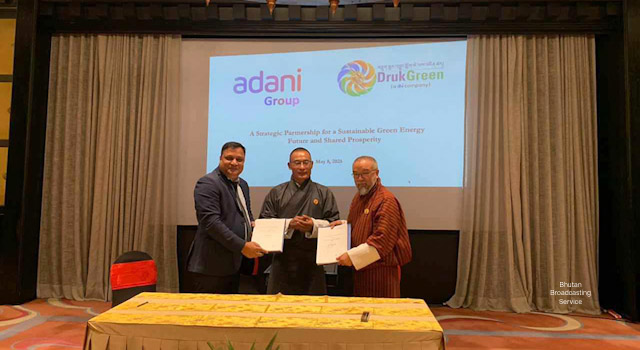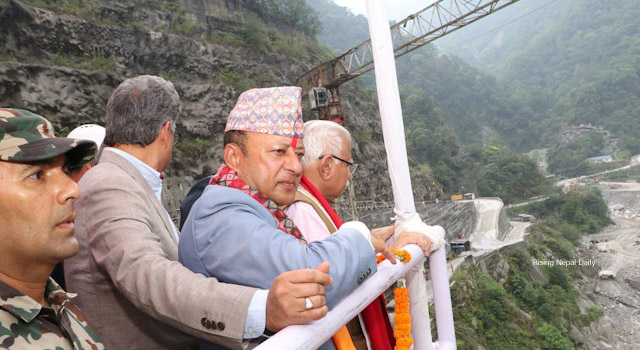
Webinar Deliberates on Gender Dimensions of Trade Facilitation in the BBIN Subregion
30 October 2020
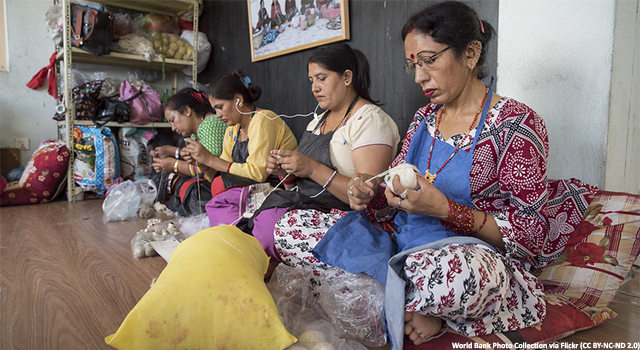
A webinar organized by CUTS (Consumer Unity and Trust Society) International on 30 October 2020 deliberated the findings of the project, ‘Gender Dimensions of Trade Facilitation in the Bangladesh, Bhutan, India and Nepal (BBIN) Subregion.’ The work undertaken by CUTS reveals that the absence of gender responsive trade facilitation measures helps exacerbate gender inequality.
According to a study by the World Trade Organization (WTO), intention for future exports among women entrepreneurs in the BBIN subregion is high. However, they experience trading difficulties and high trade facilitation costs, which are further worsened by the coronavirus disease (COVID-19) crisis. The WTO study puts forth that as a primary requisite toward the aim of easing trade facilitation among women entrepreneurs in the BBIN subregion, there is a need to
- acquire a good and detailed understanding of the concrete hurdles faced by women traders and concrete situations on the ground,
- categorize trade policy measures,
- categorize the types of female traders, and
- identify trade rules and provisions in the WTO Trade Facilitation Agreement that correspond to indicators in the subregion.
The WTO recommends training women in trade rules and improving their advocacy in the customs and border agencies. In this regard, Ms. Anoush der Boghossian, Trade and Gender Focal Point, WTO, shared that the WTO will be launching a new training program on trade rules in 2021 aiming to develop women’s advocacy capacity. The organization has been working on a dedicated program for women entrepreneurs and established an informal working group on trade and gender.
The webinar also underscored that gender specific constraints and the importance of gender sensitivity remain largely unexplored, with huge reforms needed in the gender impact of services. Several examples were cited around the region:
- In Bangladesh, cumbersome trade procedures, customs, and related fees fall more heavily on women than men, shared Ms. Selima Ahmed, Member of Parliament, Bangladesh and President, Bangladesh Women Chamber of Commerce and Industry.
- In Nepal, women’s participation in trade has been minimal, and trade policies do not look into the sectors in which women are productive, noted Ms. Bina Pradhan, a Gender Expert and Social Economist from Nepal.
- In Bhutan, women remain underrepresented in trade and entrepreneurship, despite having achieved near gender parity in areas like education and health, shared Ms. Manju Giri, National Consultant Gender and Social Development from Bhutan.
Enumerating reasons that hinder women from participating in trade, Ms. Giri mentioned lack of access to knowledge, financial services, and training sessions, and traditional socio-economic norms. She recommended including gender-specific components in trade, industry, finance, and other economic policies, and for policy-making to become more consultative. She also underscored that gender-specific infrastructures are needed in and around the border areas.
Mr. Bibek Ray Chaudhary, Associate Professor of Economics at the Indian Institute of Foreign Trade, Kolkata Centre, noted that inadequacies in trade facilitation measures both at the border and behind-the-border further result in gender inequality in entrepreneurship development. He advocated changing the mindset about women’s participation in economic activities, and emphasized the need to take marginal steps toward the goal of eliminating gender inequality.
The meeting discussed that to improve the participation of women in BBIN trade, challenges in policy, capacity building, digitalization, and financial assistance must be addressed, alongside measures such as developing affordable public transportation, provision of electricity on subsidized rates, and helping women develop business linkages through initiatives such as trade fairs.
Related Links:
- Adopt a positive agenda for gender-responsive trade facilitation measures in the BBIN sub-region: CUTS
- Webinar Report




